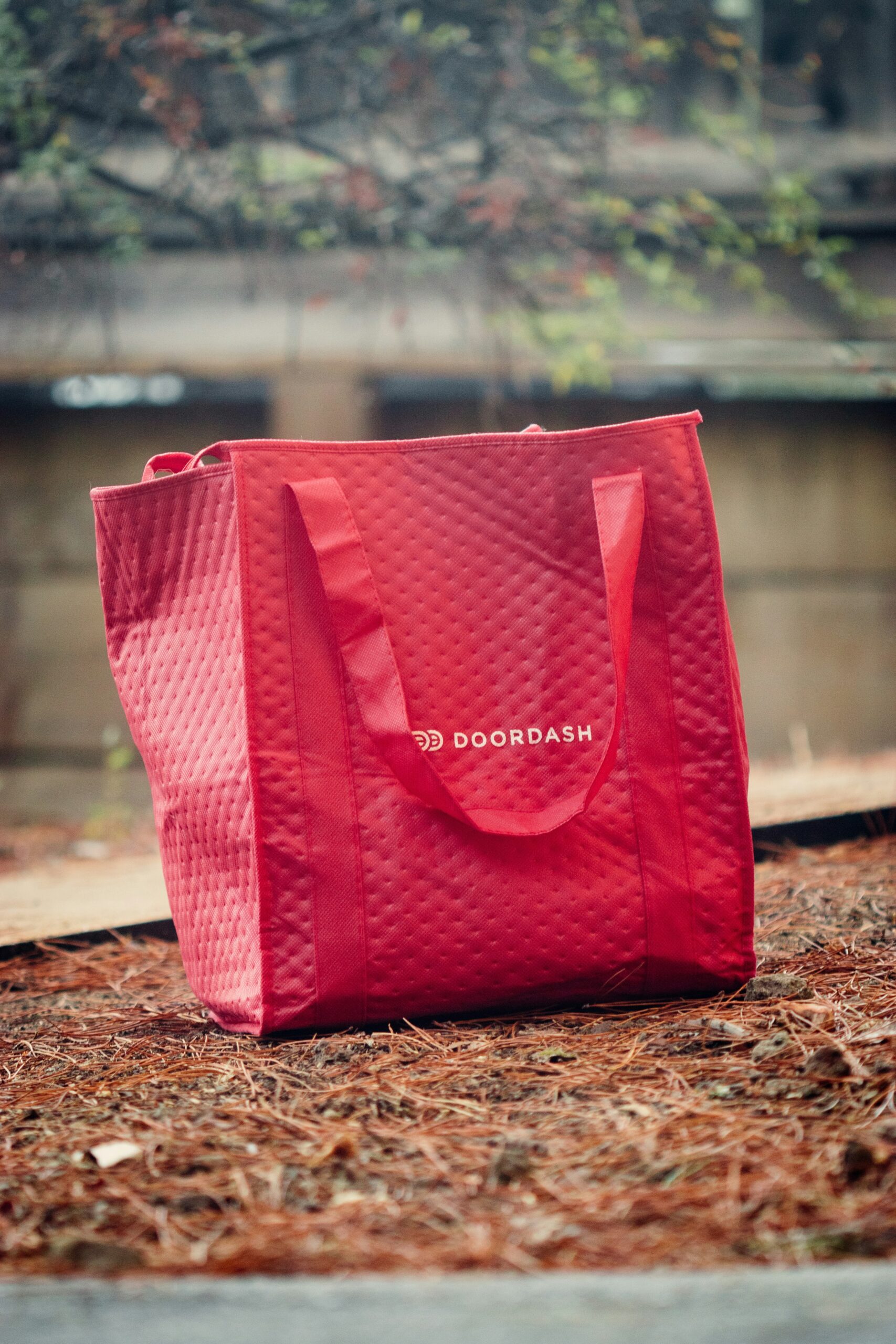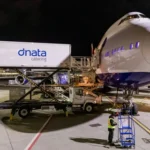In a bold expansion move aimed at strengthening its international footprint, U.S.-based food delivery giant DoorDash has announced it will acquire British rival Deliveroo in a deal valued at $3.9 billion. The landmark acquisition marks DoorDash’s most significant global push yet and signals intensifying consolidation in the highly competitive food delivery industry.
Under the terms of the agreement, Deliveroo shareholders will receive $4.05 per share in cash, representing a 32% premium over Deliveroo’s last closing price. The deal, approved by both companies’ boards, is expected to close in early 2026, pending regulatory and shareholder approval.
A Transatlantic Power Move
Founded in 2013, DoorDash has quickly grown to become the leading food delivery platform in the U.S., commanding over 60% market share. While the company has previously made forays into Canada, Australia, and parts of Asia, this acquisition marks its most aggressive attempt to solidify a foothold in Europe — particularly in the highly competitive U.K. market.
Deliveroo, founded in 2013 and headquartered in London, has long been a major player in the U.K. and parts of Europe. Despite facing fierce competition from Uber Eats and Just Eat, Deliveroo has maintained a loyal customer base, thanks to its strong logistics model and partnerships with premium restaurants.
Tony Xu, CEO and co-founder of DoorDash, praised the acquisition in a joint statement: “Deliveroo has built an impressive business with deep customer loyalty and a strong brand presence across Europe. By joining forces, we’ll be better positioned to serve more diners, restaurants, and couriers in more parts of the world.”
Deliveroo’s Road to Acquisition
Deliveroo’s journey has not been without challenges. Since going public in 2021, the company has faced ongoing scrutiny from investors over profitability, competition, and regulatory pressures. Despite those headwinds, Deliveroo has continued to post growth, particularly in international markets like France and the UAE.
The acquisition by DoorDash offers Deliveroo a lifeline at a time when food delivery platforms are rethinking strategies amid tightening margins and post-pandemic shifts in consumer behavior.
Will Shu, founder and CEO of Deliveroo, said the deal offers “long-term value” for customers and shareholders alike. “Combining our strengths will help accelerate innovation, improve service levels, and ultimately create a better experience for everyone who uses our platforms.”
What This Means for the Food Delivery Industry
The DoorDash–Deliveroo deal is being closely watched across the global delivery landscape. Analysts say it reflects a larger trend of consolidation as companies look to gain scale, reduce operating costs, and fend off intensifying competition.
“This acquisition reshapes the competitive landscape in Europe,” said retail analyst Fiona Richards of Morningstar. “It gives DoorDash access to millions of new customers and allows them to scale more efficiently in a region where margins are thin and customer loyalty is fickle.”
The merger could also pressure smaller food delivery startups that lack the resources to compete with larger, more established players.
Implications for Consumers and Partners
For consumers, the merger may mean faster delivery, more food options, and greater investment in technology and logistics. However, some consumer groups have expressed concern that reduced competition could lead to higher fees and fewer incentives.
For restaurant partners, the deal could open new opportunities for cross-border exposure and improved delivery infrastructure, particularly in urban areas where logistics can be challenging.
DoorDash has promised to maintain Deliveroo’s local brand identity in the U.K. and EU markets, at least in the near term. The company also said it plans to retain most of Deliveroo’s workforce, though integration and operational adjustments are expected.
Looking Ahead
As DoorDash and Deliveroo prepare to join forces, the global food delivery industry stands at a crossroads. With economic pressures mounting and consumer habits shifting post-COVID, size and efficiency may be key to survival — and success.
The coming months will reveal how this merger plays out across markets and whether it sets the stage for more industry-defining acquisitions.






